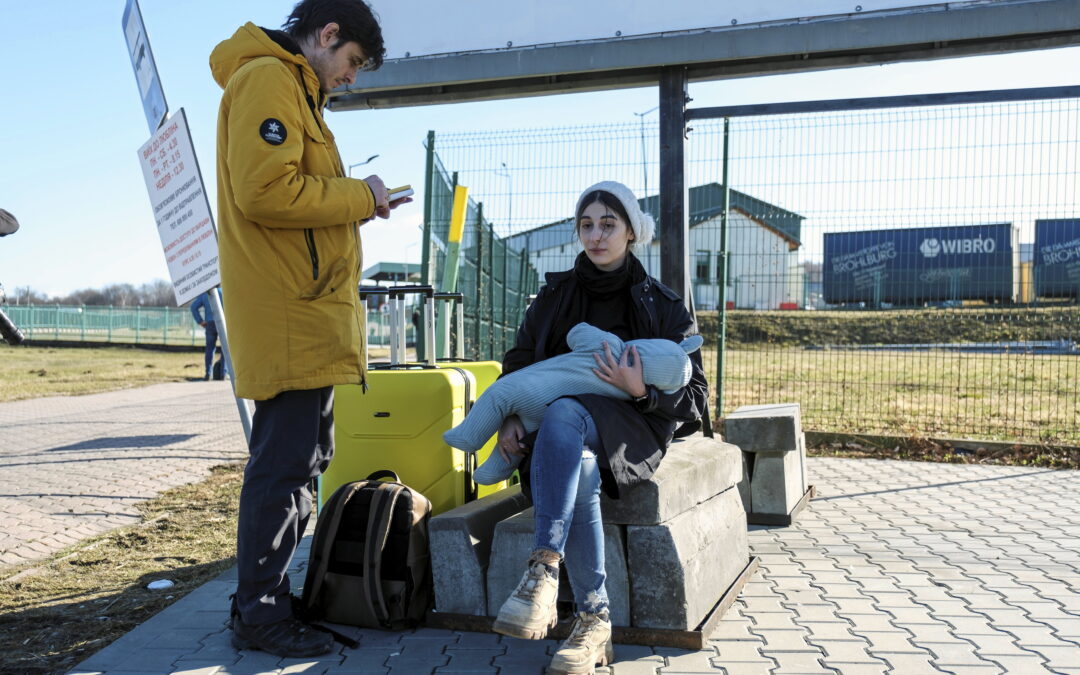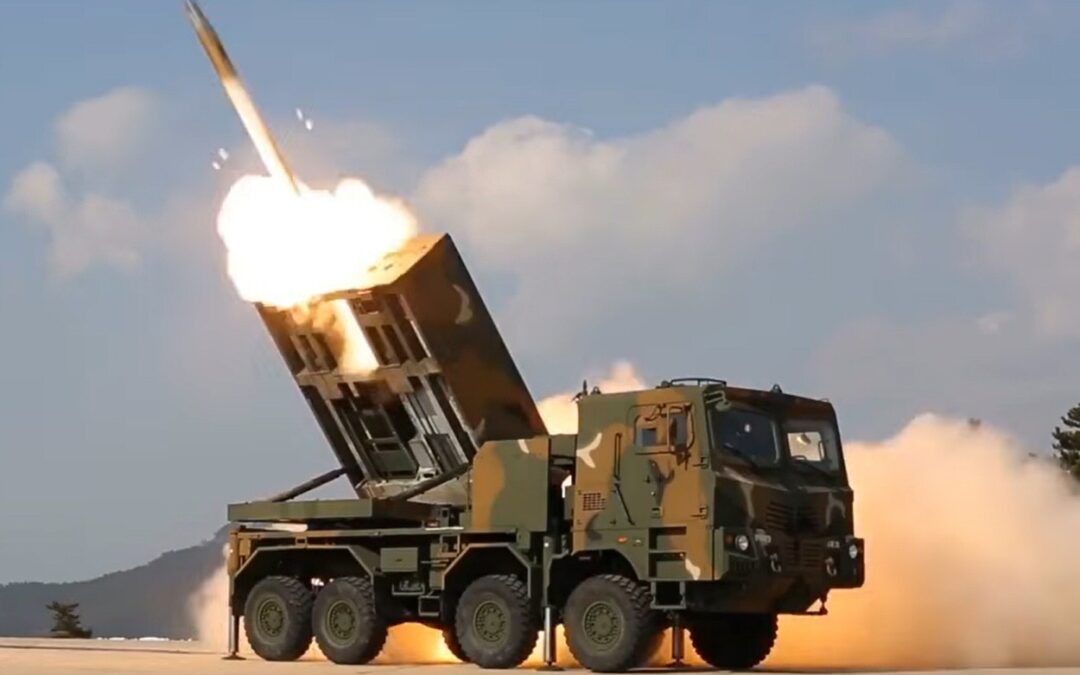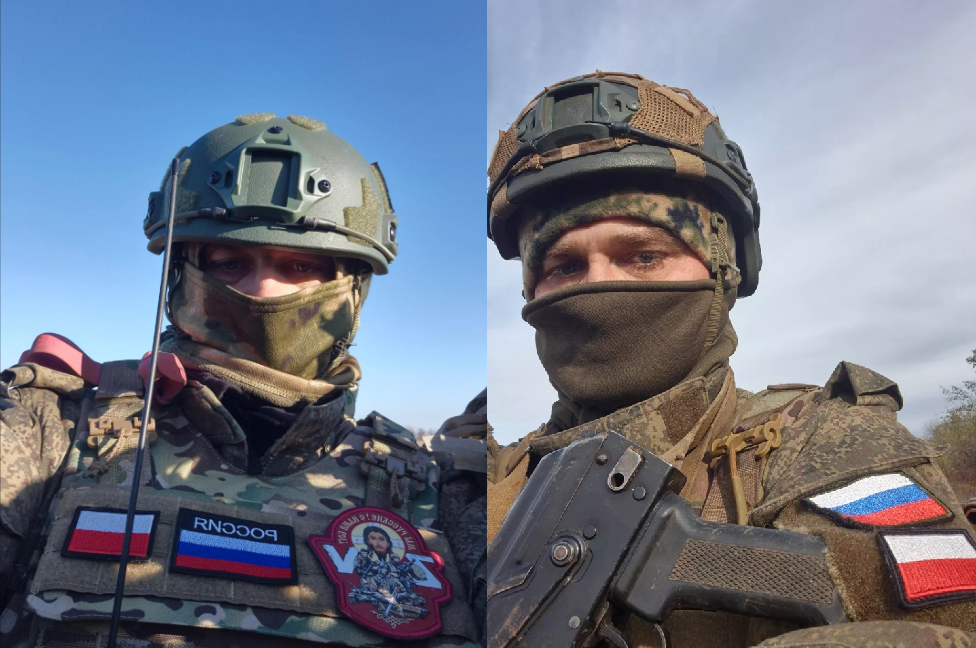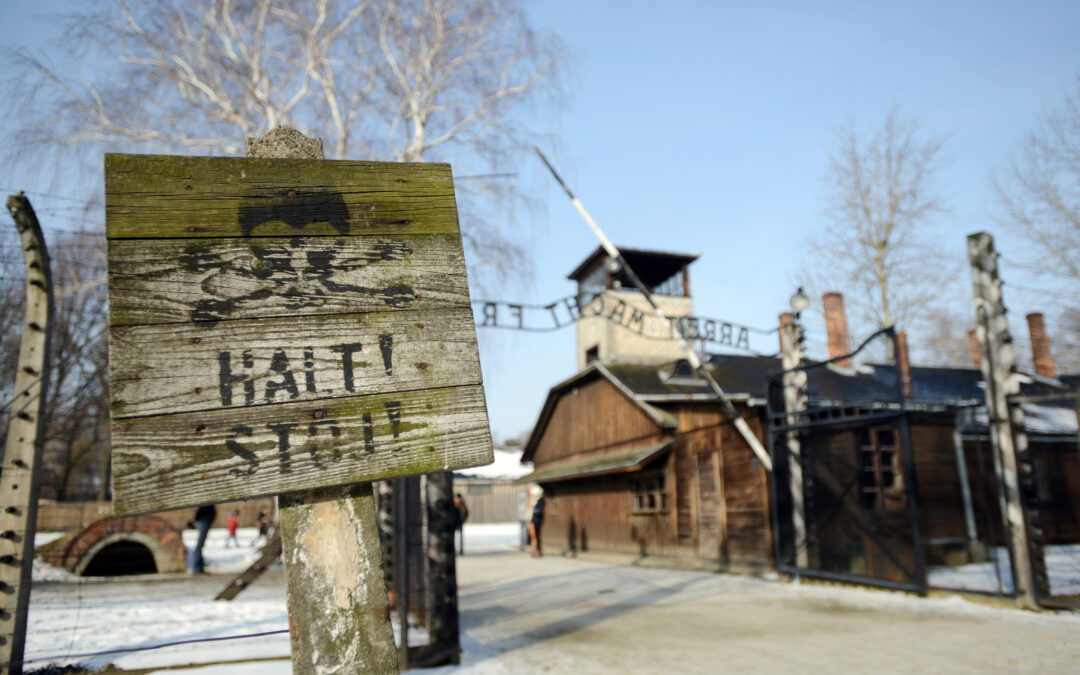The Polish government has prepared eight reception points for refugees along its border with Ukraine, which will provide food, medical aid and information to those displaced following Russia’s invasion. It has also set up a helpine and online resources for those seeking assistance.
Separately, the Polish city of Kraków has announced that it can provide housing for up to 17,000 refugees if the need arises. It is among municipalities across the country that have in recent weeks been coordinating with the central authorities in preparation for a potential wave of people fleeing Ukraine.
“From early this morning we have been implementing the first steps of the crisis management plan,” deputy interior minister Paweł Szefernaker told Radio Plus. This involved the establishment of reception centres in the Lubelskie and Podkarpackie provinces that border Ukraine, he explained.
At a press conference this afternoon, Szefernaker indicated that the reception points, which have been prepared jointly by the border guard, provincial authorities, and the government’s Office for Foreigners (UdSC), are “ready”.
Speaking alongside him, interior minister Mariusz Kamiński assured that “we will show all our Ukrainian brothers our solidarity and support” during “these difficult times”.
Wiceminister @szefernaker w #MSWiA: W 8 gotowych już punktach recepcyjnych są punkty informacyjne przygotowane przez @Straz_Graniczna, urzędy wojewódzkie oraz @UdSC_gov_pl, istnieje możliwość wydania posiłków, odpoczynku, znajduje się w nich także pomoc medyczna.
— MSWiA 🇵🇱 (@MSWiA_GOV_PL) February 24, 2022
“We will do everything to ensure that everyone who needs it can find a safe haven in Poland,” he added, noting that the authorities had been preparing for weeks for this eventuality.
For now, however, the situation on the border remains “stable”, said the head of the border guard, Tomasz Praga. Another deputy interior minister, Błażej Poboży, announced that an information leaflet in four languages – Polish, Ukrainian, Russian and English – would be handed to arrivals at the border.
Szefernaker also noted that preparations were in place to transport refugees from the border area to other parts of Poland, where local authorities have been preparing plans to host people fleeing Ukraine.
.@Kaminski_M_ w #MSWiA: Od wielu tygodni przygotowujemy się do fali uchodźców, która może nas spotkać. Zrobimy wszystko, by każdy kto tego potrzebuje znalazł w Polsce bezpieczne schronienie. pic.twitter.com/Xh1FbdlE2f
— MSWiA 🇵🇱 (@MSWiA_GOV_PL) February 24, 2022
Earlier this month, Lublin – Poland’s largest city near the Ukraine border – announced that it would be able to take “several thousand”. Yesterday, Kraków – a city of 750,000 in southern Poland – confirmed that it had space for up to 17,000.
“We are thinking about [using] hostels and holiday homes,” Dariusz Nowak from Kraków city hall told TOK FM. “We’re also considering the Tauron Arena,” he added, referring to the city’s largest indoor performance space.
Nowak also noted that the city would have to find places in nurseries, preschools and schools for child refugees. Earlier this week, the education minister assured that such places would be found.
Polish schools are ready to provide places "for the children of Ukrainian refugees in the event of an armed conflict", says Poland's education minister.
"Of course, it will not be easy…but we are completely open to helping our Ukrainian neighbours" https://t.co/96CY5IlaSp
— Notes from Poland 🇵🇱 (@notesfrompoland) February 21, 2022
A number of aid organisations, including the Polish Red Cross (PCK) and the Polish Centre for International Aid (PCPM), have launched fund-raising campaigns to help Ukraine.
“The resources will be used to buy food and first aid materials as well as to respond to other key needs,” reads a statement published by PKC.
Since Russia launched its attack on Ukraine overnight, senior Polish officials – including President Andrzej Duda – have condemned its actions and offered their support to Kyiv. This morning, the Polish government called for NATO to trigger Article 4 of its treaty.
https://mobile.twitter.com/notesfrompoland/status/1496755425693380614
Main image credit: Patryk Ogorzalek / Agencja Wyborcza.pl

Agnieszka Wądołowska is deputy editor-in-chief of Notes from Poland. She is a member of the European Press Prize’s preparatory committee. She was 2022 Fellow at the Entrepreneurial Journalism Creators Program at City University of New York. In 2024, she graduated from the Advanced Leadership Programme for Top Talents at the Center for Leadership. She has previously contributed to Gazeta Wyborcza, Wysokie Obcasy and Duży Format.




















